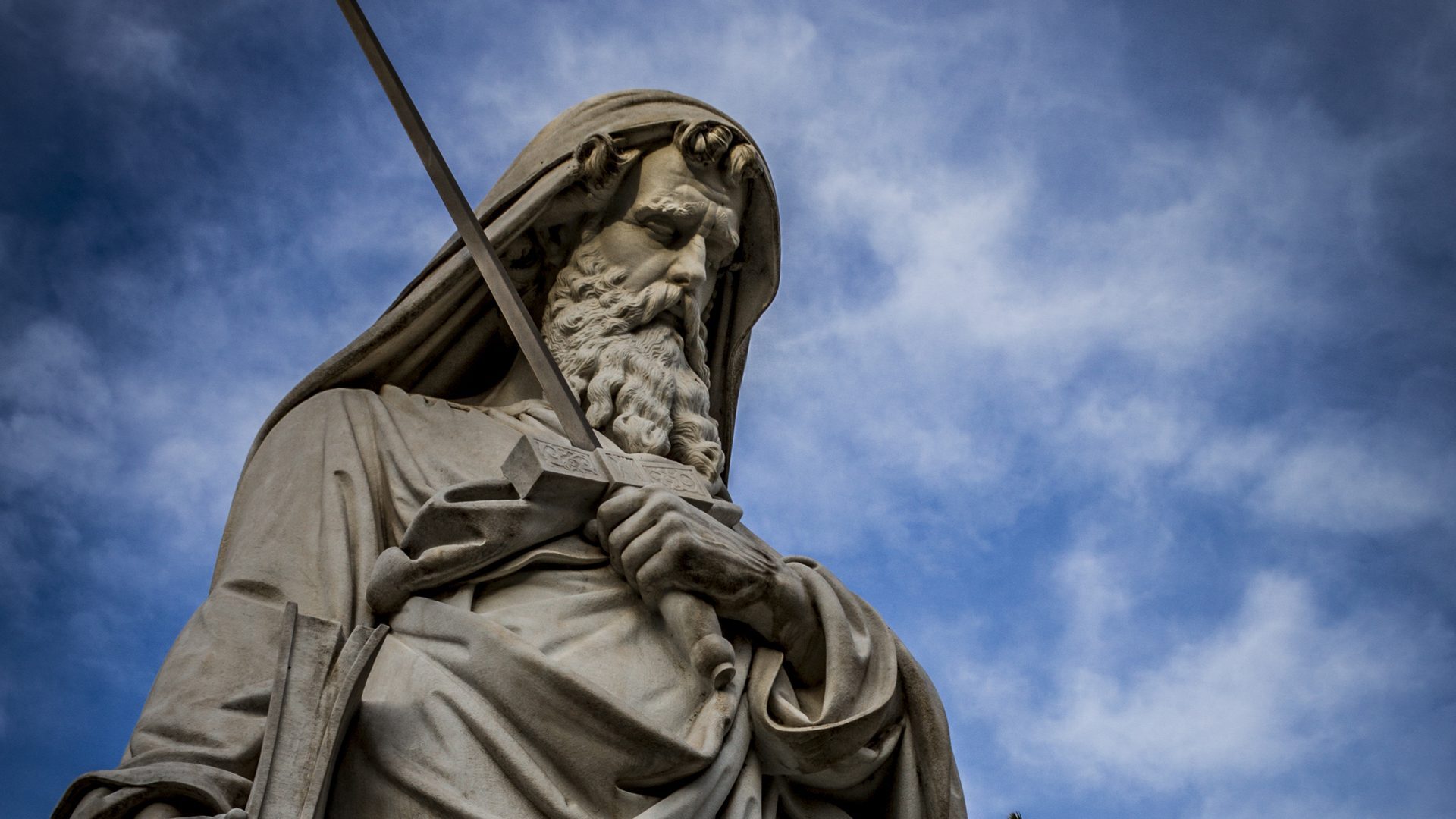
Ever wondered about the man who wrote a chunk of the New Testament? Paul in the Bible is a figure shrouded in mystery, transformation, and profound influence. From a fervent persecutor of Christians to one of Christianity's most pivotal apostles, his journey is nothing short of remarkable. But what really makes Paul tick? How did his letters shape the early church, and why do his teachings continue to resonate with millions today? In this blog post, we're diving into 12 great facts about Paul that shed light on his character, his mission, and his enduring legacy. Get ready to be surprised, inspired, and maybe even a bit challenged as we uncover the layers of this complex biblical figure.
Key Takeaways:
- Paul, originally a persecutor of Christians, transformed into a devoted follower of Jesus after a vision on the road to Damascus. His missionary journeys and writings shaped early Christianity.
- Paul's letters form a significant part of the New Testament, emphasizing faith in Jesus, moral living, and the concept of the church as the body of Christ. His legacy continues to influence Christian thought and practice.
Who Was Paul in the Bible?
Paul, originally named Saul, was a key figure in the early Christian church, known for his missionary journeys and extensive writings in the New Testament. Before his conversion, Paul was a Pharisee and persecuted Christians, believing he was serving God by doing so. His transformation from a persecutor of Christians to a devoted follower of Jesus Christ is one of the most remarkable stories in the Bible.
- Paul's conversion occurred on the road to Damascus when he experienced a vision of Jesus Christ. This event drastically changed his life, leading him from persecuting Christians to becoming one of their most fervent advocates.
Paul's Missionary Journeys
Paul embarked on several missionary journeys across the Roman Empire, spreading the message of Christianity and establishing churches. These travels were fraught with danger, including shipwrecks, imprisonment, and beatings.
-
He undertook three major missionary journeys, each expanding the reach of Christianity further across the Roman world. These journeys are detailed in the Acts of the Apostles.
-
First missionary journey: Paul and Barnabas traveled to Cyprus and then to parts of Asia Minor, facing opposition but also making significant conversions.
-
Second missionary journey: Paul, along with Silas and Timothy, ventured through Asia Minor into Macedonia, eventually reaching as far as Athens and Corinth.
-
Third missionary journey: Paul revisited churches he had founded in Asia Minor and Macedonia, strengthening the Christian communities there.
Paul's Contributions to the New Testament
Paul's letters to the early churches form a significant portion of the New Testament, offering guidance on theology, ethics, and church organization.
-
He is credited with writing 13 of the 27 books of the New Testament, including Romans, Corinthians, and Galatians, among others.
-
His writings emphasize faith in Jesus Christ as the path to salvation, the importance of living a moral life, and the concept of the church as the body of Christ.
Challenges Faced by Paul
Throughout his ministry, Paul faced numerous challenges, including opposition from both Jewish and Roman authorities.
-
He was imprisoned multiple times, with the Book of Acts detailing his arrest in Jerusalem and subsequent transfer to Rome for trial.
-
Despite these hardships, Paul remained steadfast in his mission, using his time in prison to write several of his epistles, which are now key texts in the Christian faith.
Paul's Legacy
Paul's influence on Christianity cannot be overstated. His theological insights and missionary zeal helped shape the early church and continue to influence Christian thought and practice today.
-
The Council of Jerusalem, which Paul attended, addressed the question of whether Gentile converts to Christianity needed to follow Jewish customs. Paul's stance that faith in Christ was sufficient for salvation was a pivotal moment in the development of Christian doctrine.
-
Tradition holds that Paul was martyred in Rome under the reign of Emperor Nero, beheaded for his faith and commitment to spreading the gospel.
-
Today, Paul is revered as a saint in many Christian traditions, and his letters are foundational texts for Christian theology and ethics. His life's work demonstrates the transformative power of faith and the enduring impact of dedication to a cause greater than oneself.
A Final Glimpse at Paul's Legacy
Paul's journey from a fervent persecutor to a foundational pillar of Christianity is nothing short of remarkable. His letters, making up a significant portion of the New Testament, continue to inspire and guide millions around the globe. Through hardships, shipwrecks, and imprisonments, Paul's unwavering faith and dedication to spreading the message of Jesus Christ stand as a testament to his profound impact on Christian theology and practice. His life's work not only shaped the early Christian church but also laid down principles that resonate with believers to this day. As we reflect on these 12 great facts, it's clear that Paul's legacy is a powerful reminder of transformation, perseverance, and the enduring power of faith.
Frequently Asked Questions
Was this page helpful?
Our commitment to delivering trustworthy and engaging content is at the heart of what we do. Each fact on our site is contributed by real users like you, bringing a wealth of diverse insights and information. To ensure the highest standards of accuracy and reliability, our dedicated editors meticulously review each submission. This process guarantees that the facts we share are not only fascinating but also credible. Trust in our commitment to quality and authenticity as you explore and learn with us.


